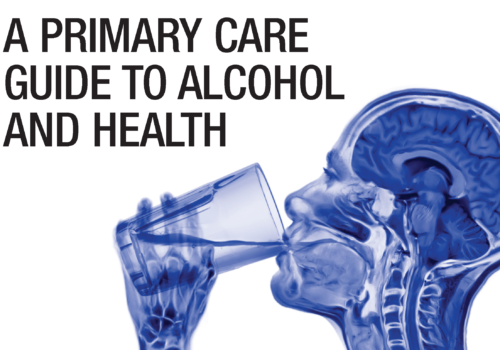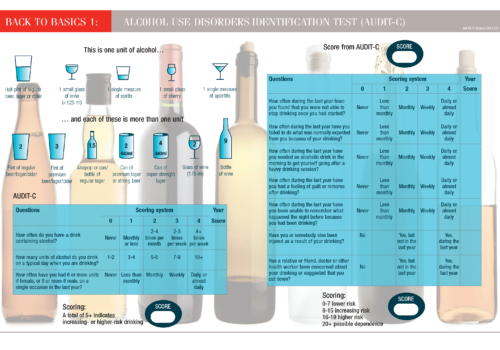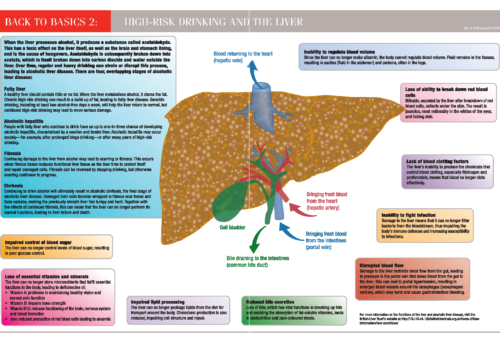There are many fads about specific foods and their ‘super’ vitamins and minerals. Our choice of foods has also widened as supermarkets expand their ranges and previously specialist foods become mainstream. However, even though we can now buy tamarillos, Christmas-cake cheese or cranberry and pecan bread, the principle of proportion remains consistent. So the Eatwell Plate is very helpful in showing patients exactly what we mean when we advise them to follow a ‘healthy, balanced diet’.


























